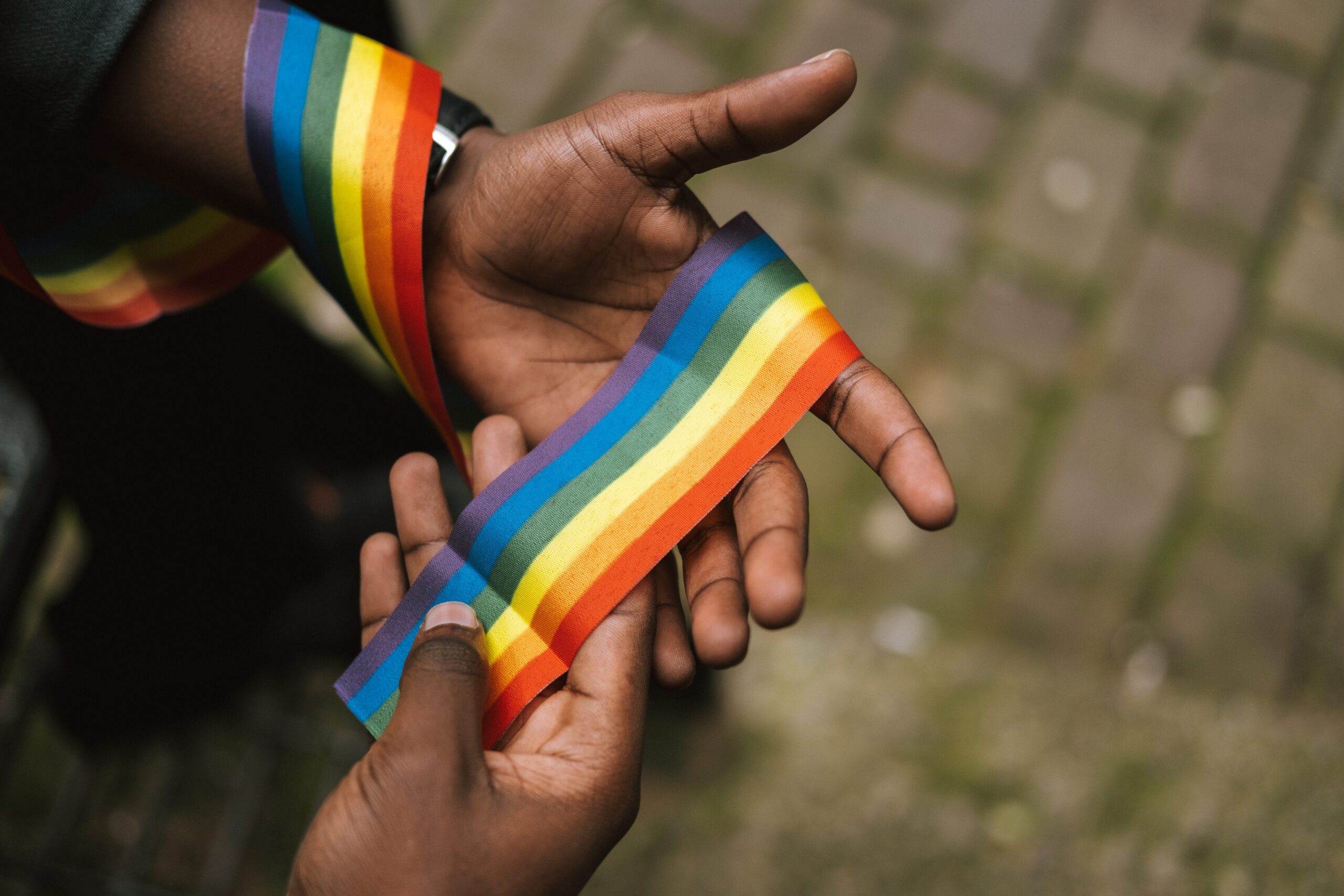The importance of prioritizing mental health practices that empower members of the LGBTQ+ community remains a key conversation as Pride Month begins.
In a conversation with Blavity, author, educator, and activist Blair Imani detailed how the experiences of Queer women specifically, can be adversely affected by a society that often aims to devalue them.
“As a queer person. As a bisexual woman. I think one of the most difficult things is trying to form your own identity while constantly being gaslit by society as though you don’t exist,” Imani said, referring specifically to the lack of resources and conversations aimed at affirming the bisexual community.
However, she added that the LGBTQ+ community as a whole is often devalued and disregarded, which can create additional mental stressors as the community navigates day-to-day life.
“In some regards, LGBTQ people are told we aren’t legitimate, that we have a mental illness instead of an identity. And that can be really difficult,” Imani said.
She added that grappling with self-identity in today’s society is often a continual process.
“It’s this constant ebb and flow of figuring out who you are while being told that you can’t exist or that you aren’t valid,” she continued. “And that can cause things like anxiety. That can cause things like depression.”
There are some major gaps in the ability of LGBTQ+ people to get the resources and support they need. This issue is often coupled with the questions around believability of their struggles or a lack of understanding of the challenges the Queer community faces.
But Imani has found that the community building that happens among the Queer community is a key tool that can be used to navigate and support conversations around mental health in the LGBTQ+ community. She encourages the Queer community to find strength and knowledge in the Queer community and its allies as they embark on their personal mental health journeys.
“One of the most important things in an LGBTQ+ person’s life, or anybody’s life, for that matter, is the access to community,” Imani said. “So how do we create that infrastructure. How do we create those safe spaces for people who don’t come from affirming families.”
Imani added that certainly many are born into a family or circumstance where they aren’t accepted. But that experience “doesn’t mean that I’m destined to not be accepted.”
“That means that I can build that community myself,” Imani said. “I think that we can knowledge that can all be allied to one another regardless of the identities that you hold. You can always how up for somebody else in a different way.”
